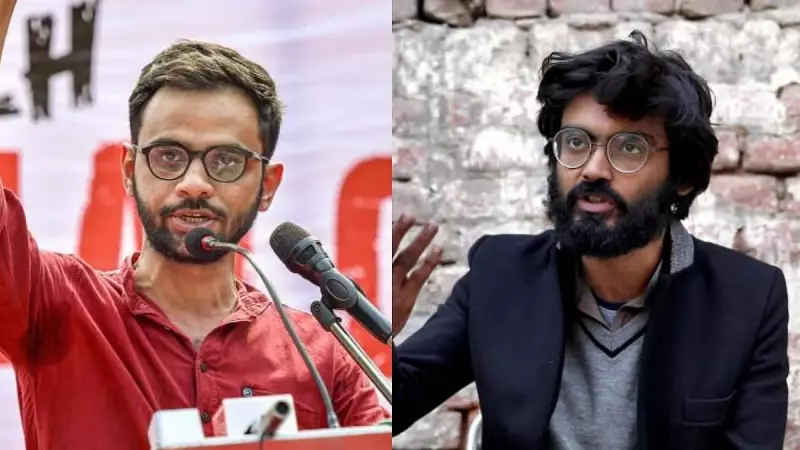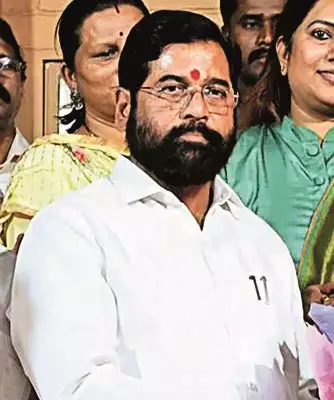
The Supreme Court of India has rescheduled the highly anticipated bail hearing of activists Umar Khalid and Sharjeel Imam in connection with the 2020 Delhi riots case. The hearing, which was eagerly awaited by legal observers and stakeholders, will now take place on October 31.
A bench comprising Justice Bela M Trivedi announced the postponement while addressing the petitions filed by both individuals. The court's decision comes amid ongoing legal proceedings that have drawn significant national attention.
Background of the Case
Umar Khalid and Sharjeel Imam are among the prominent figures facing charges related to the violent clashes that erupted in Northeast Delhi during February 2020. The riots resulted in widespread destruction and loss of life, marking one of the worst communal violence incidents in the capital in recent years.
Both individuals have been charged under the stringent Unlawful Activities (Prevention) Act (UAPA), among other sections of the Indian Penal Code. Their bail pleas have been pending before various judicial forums for an extended period.
Legal Journey So Far
The legal battle for Khalid and Imam has seen multiple developments:
- Both accused have consistently denied the allegations against them
- Their bail applications have been rejected by lower courts previously
- The Supreme Court's intervention was sought after Delhi High Court declined relief
- The case involves complex legal interpretations of the UAPA provisions
What the Postponement Means
The deferment of the hearing to October 31 extends the wait for a final decision on the bail applications. Legal experts suggest that such delays are not uncommon in cases of this magnitude, given the complexity of the legal issues involved and the court's crowded schedule.
The upcoming hearing on October 31 is expected to be crucial in determining the immediate future of both accused persons. The Supreme Court's decision could set important precedents for similar cases involving the UAPA.
As the new date approaches, all eyes will remain on the Supreme Court's proceedings, with the legal community and civil society organizations closely monitoring developments in this high-stakes case.






